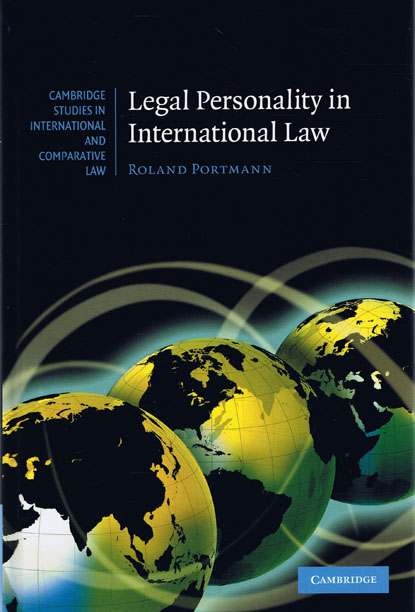
Several current international legal issues are related to the concept of legal personality, including the determination of international rights and duties of non-state actors and the legal capacities of transnational institutions. When addressing these issues, different understandings of legal personality are employed. These concepts consider different entities to be international persons, state different criteria for becoming one and attach different consequences to being one. Roland Portmann systematizes the different positions on international personality by spelling out the assumptions on which they rest and examining how they were substantiated in legal practice. He puts forward the argument that positions on international personality which strongly emphasize the role of states or effective actors rely on assumptions that have been discarded in present international law. The principal argument is that international law has to be conceived as an open system, wherein there is no presumption for or against certain entities enjoying international personality.